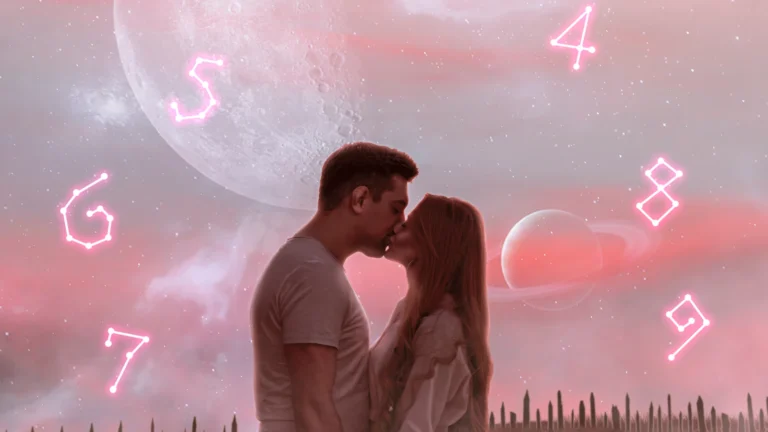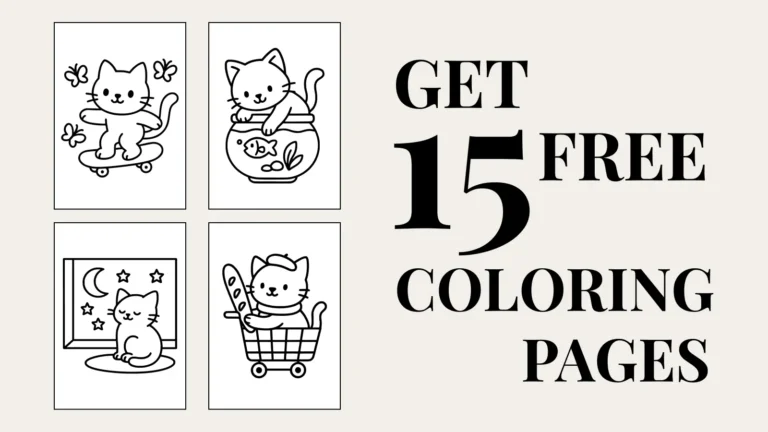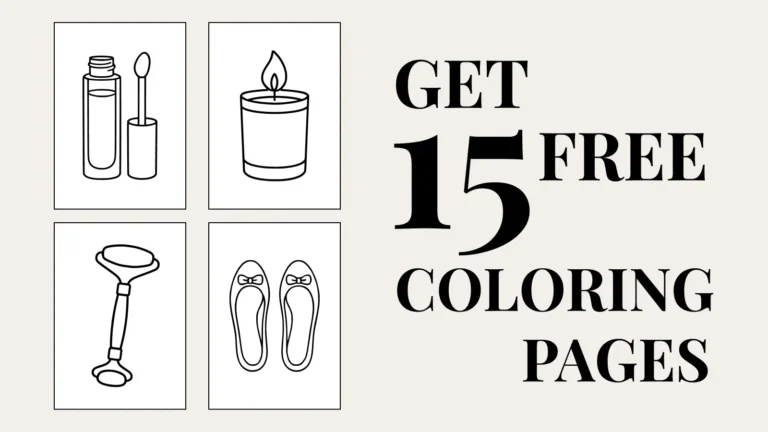When You Sense Something Has Changed
Sometimes changes happen quietly, almost imperceptibly.
You wake up one morning and notice a void where there used to be warmth.
It’s not always tied to dramatic events—more often, it’s the little things that quietly whisper: “Something is gone.”
You might catch yourself staring at your phone, hoping for a message that never comes, or walking past a place you used to go together and feeling a strange hollow in your chest.
I spent a long time trying to understand the difference between simple drifting apart and truly losing someone who was meant to be in your life.
There’s a subtle, almost invisible language that tells you when a bond is breaking, and learning to recognize it is both painful and enlightening.
1. That Gut Feeling You Can’t Ignore
Sometimes it comes without warning, like a tightness in your chest or a quiet whisper in your mind.
You just know that something isn’t right, even when everything seems fine on the surface.
I remember walking down the street one day, smiling at the world, but feeling an odd emptiness inside.
We had laughed together just the day before, yet something had shifted.
Intuition often speaks louder than words.
You might find yourself replaying moments over and over in your head, sensing that something fundamental has changed.
That gut feeling is usually right, even if your mind tries to rationalize it away.
2. When Small Moments Stop Feeling Right
The little things used to feel comforting—sharing morning coffee, laughing at inside jokes, or simply scrolling through life together.
Now, these moments feel hollow, forced, or awkward. You catch yourself thinking, “Why does this not feel the same anymore?”
I kept telling myself it was just fatigue, stress, or a bad week, but gradually I realized that the emptiness wasn’t temporary.
It was a signal: the connection had shifted, and no amount of pretending could bring it back to what it once was.
3. The Silence That Speaks Louder Than Words
Sometimes, silence says more than words ever could.
When the person who was once your confidant stops reaching out, stops sharing their thoughts, or leaves gaps where warmth used to live, it speaks volumes.
I remember sitting on my bed, scrolling through old messages, and realizing how little communication remained.
The absence of words became deafening.
That silence, once comfortable, suddenly felt like a wall growing between us, a reminder that the person you cherished was slipping away.
4. Feeling Like Yourself Isn’t Enough Anymore
Losing someone meant for you can make even your best qualities feel irrelevant.
I tried to be attentive, sincere, and loving, but nothing seemed to matter.
Even being fully myself wasn’t enough to bridge the growing distance.
This feeling chips away at your confidence, making you question whether you were ever truly seen.
But in reality, the loss isn’t a reflection of your worth—it’s a reflection of circumstances, timing, and the natural drift that sometimes happens between two people.
5. Looking Back and Realizing What You Missed
Sometimes the hardest realizations come in hindsight.
Small gestures, shared jokes, moments of vulnerability you didn’t fully appreciate—they suddenly take on monumental significance.
I remember flipping through photos of us, recalling late-night conversations, and realizing how much I had overlooked.
Those tiny moments, once ordinary, now seemed like the threads that wove our connection together.
The awareness of what I had taken for granted was both heartbreaking and enlightening.
6. When Their Absence Feels Bigger Than Expected
Acknowledging that someone is gone is one thing.
Feeling the full extent of that absence is another.
A song on the radio, a familiar street corner, even a scent—everything becomes a reminder of them.
I was surprised at how their absence expanded into places I never thought were tied to them.
Grocery runs, quiet evenings, even random thoughts in the shower—everywhere I turned, I noticed a subtle void.
It was a stark reminder that losing someone isn’t just about the physical separation; it’s about the emptiness left behind in your everyday life.
7. The Things You Used to Take for Granted
Before, it felt normal to have someone there to celebrate small victories, to hold space for your fears, and to simply exist alongside you.
Now, those everyday blessings feel like losses.
I realized how much I had relied on them for emotional rhythm and stability.
Simple things like a supportive text or a shared joke suddenly became luxuries I could no longer access.
The absence of these small, meaningful gestures amplified the feeling of loss in ways I hadn’t expected.
8. Feeling a Strange Loneliness Even in a Crowd
You can be surrounded by friends and laughter and still feel a peculiar emptiness.
The familiar presence of someone who once understood your quiet thoughts is missing, and no one else can fill that gap.
I found myself at parties, smiling and laughing, while internally feeling an invisible chasm.
That kind of loneliness has its own weight—it’s not just being alone; it’s being aware of the absence of someone who once made the world feel complete.
9. The Sudden Awareness of Unfinished Conversations
There are things left unsaid, moments never fully expressed, feelings left hanging.
Late at night, I would lie awake thinking of all the “what ifs” and “I wish I hads.”
The awareness of unfinished conversations creates a subtle ache, a persistent reminder that closure isn’t always immediate.
Those unspoken words linger in your heart, making you more reflective, more aware of the fragility of connections, and more determined to cherish the conversations you do have in the future.
10. Knowing It’s Time to Let Go, Even When It Hurts
Finally, there comes a moment of clarity: you know it’s time to release the person, even when your heart protests.
Accepting that someone was meant for you but that chapter is over is painful, yet necessary.
Letting go doesn’t mean erasing them from your memory.
It means honoring the impact they had on your life while allowing yourself to move forward.
I learned that holding on out of fear of loss only prolongs the pain, while release opens the door for growth, self-discovery, and eventual healing.
11. The Unexpected Trigger That Brings Tears
Sometimes the smallest things catch you off guard—a song playing on the radio, the scent of a familiar perfume, or even a passing place that holds a memory.
I remember walking past a little café we used to visit every Saturday, and suddenly my chest tightened.
I didn’t even realize I was thinking of them until the memories flooded back—the way they used to smile at the barista, the little joke we shared about our over-complicated coffee orders.
Those triggers are painful because they remind you that the person is gone, even in moments you thought you were fine.
Your heart remembers what your mind is trying to suppress.
The ache hits quietly, sometimes even in public spaces, and it lingers longer than you expect.
It’s a clue that the bond was deeper than you ever realized, and its absence now feels unavoidable.
12. Feeling Like You’re Living in the Past
There are times when you catch yourself replaying old conversations, revisiting photos, or reading through messages long deleted.
It feels comforting at first, like reliving a good dream, but soon it becomes a subtle form of heartbreak.
I used to scroll through old texts late at night, remembering jokes, plans, and the casual way we used to understand each other without trying.
Living in the past is a sign that the present doesn’t feel complete without them.
You notice their absence in ways both big and small—the empty chair at a table, the lack of certain shared rituals, the silence where laughter used to live.
This constant comparison between what was and what is serves as a painful clue that the person meant for you is no longer part of your life.
13. The Realization That They Don’t Need You Anymore
One of the hardest moments is when you realize they are moving forward without you.
It’s not that they’re doing something wrong—it’s that your presence is no longer essential.
I remember the day I saw them posting a photo of an achievement we used to celebrate together, and there was no thought of me in that moment.
That quiet realization stings more than any argument ever could.
It’s not about jealousy or resentment; it’s the gentle, heartbreaking awareness that the connection that once defined part of your life has shifted.
You can’t force someone to need you, and this understanding becomes a painful, yet necessary, clue that it’s time to start letting go.
14. Searching for Their Reflection Everywhere
After losing someone who felt destined for you, you start seeing fragments of them everywhere.
In the way a friend laughs, in the curve of a stranger’s smile, or in a phrase that sounds like something they’d say.
I remember noticing a small habit in a colleague and being overwhelmed by the sudden flash of memory—it was like seeing their reflection in every corner of my world.
This instinctive search is exhausting and bittersweet.
It reminds you that some presences leave an imprint so deep that no one else can fill the space entirely.
Recognizing this is painful but also a clue that the person who was meant for you is irreplaceable in your own personal story.
15. The Silent Understanding That Some Things Aren’t Meant to Last
Sometimes, the final clue isn’t dramatic—it’s quiet, almost invisible.
You come to a place in your heart where you accept that some relationships, no matter how beautiful, have a natural end.
I remember sitting alone one evening, sipping tea, and realizing that holding on out of hope or memory only prolongs the pain.
This acceptance is bittersweet. It doesn’t erase the love or the memories, but it allows you to see the truth: some people are meant to be part of your journey, not the destination.
The recognition itself hurts, yet it carries the wisdom of growth, resilience, and eventual healing.
It’s a gentle, powerful clue that the person meant for you is no longer here—and that you have to continue, carrying what they taught you inside.
How Loss Can Teach Us About Ourselves
Losing someone who felt meant for you is a deeply personal journey.
It can shake your sense of identity and make you question what you value most.
Yet, it also teaches resilience, self-awareness, and the importance of cherishing the people who remain.
Pain, as hard as it is, shows us what matters and what we are capable of feeling.
It reminds us that love leaves marks that shape us, even when it’s no longer part of our daily lives.
In the end, the experience of losing someone destined for you is also an invitation: to know yourself better, to honor your emotions, and to embrace the growth that comes from both presence and absence.










